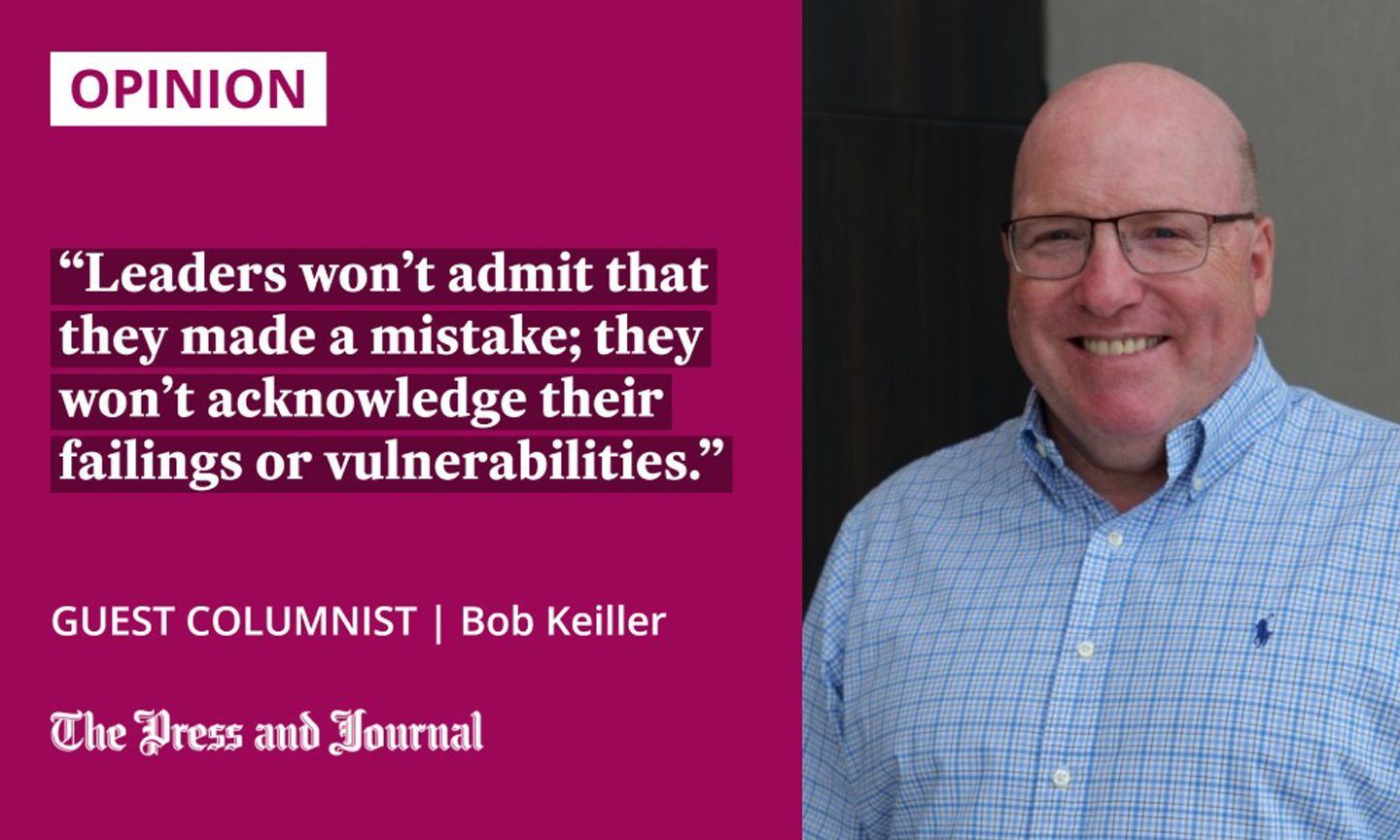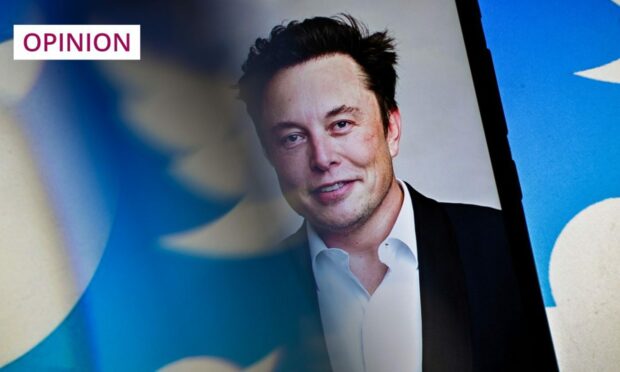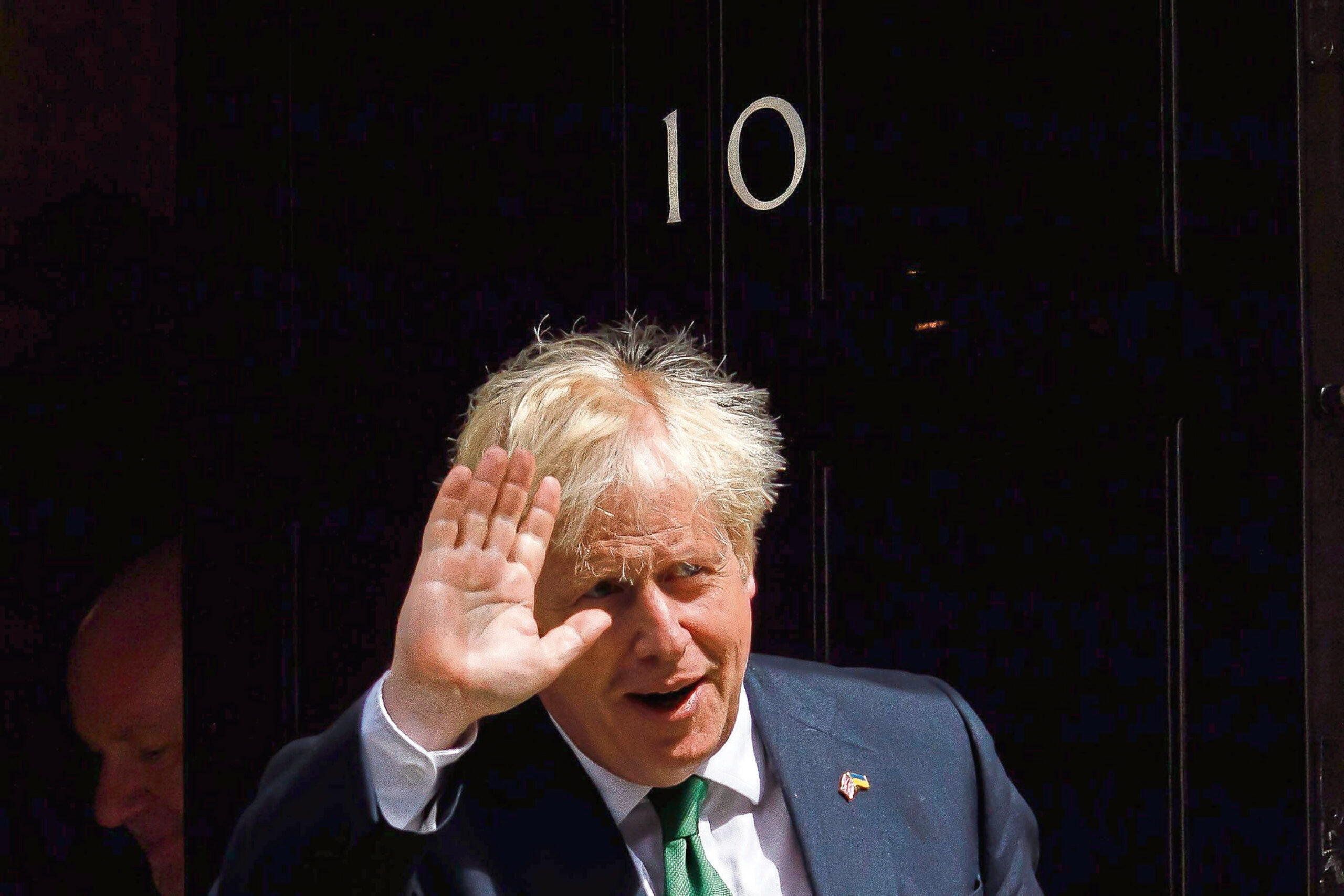Few leaders acknowledge their weaknesses, yet we are all human. Admitting that could help Elon Musk with his Twitter takeover, writes business advisor Bob Keiller.
I remember walking into a large function room in a hotel in Calgary in 2008, to meet my new team.
The company where I was CEO had just bought a fantastic Canadian company called Tartan Engineering, and the staff, who were in the room, had just been told.
They were shocked. I imagined that they were asking themselves: “Who is this Scottish company?” and: “Why are we an exciting part of their future growth story?”
In reality, they probably had some more basic questions. “Will I keep my job, will I still get paid the same, and will I keep my employment benefits?”

My job was to answer the important questions first – the ones that mattered to the audience. I told them: “No one will lose their job or see any reduction in pay or benefits. We bought the company because of your great work and how the customers feel about you. You are a first-class outfit, and we will learn from you and benefit from you being part of the team.”
I then explained about our core values, and shared a few stories to try to demonstrate that they were real. If I remember rightly, I was carrying a banana as a prop, to explain why the core values were like the DNA of the business.
Contrast that with Elon Musk’s recent acquisition of Twitter. He started by firing a large part of the workforce, then picked off any who made any critical comments, either publicly or privately.
Musk is a visionary, but also a thin-skinned bully
We saw the size of Mr Musk’s ego during the dramatic rescue of 12 boys and their football coach from a flooded cave in Thailand in 2018.
Mr Musk can’t handle criticism, and he is a bully
Musk had suggested that his company, Tesla, could provide a submarine to help the rescue mission. British cave rescue diver, Vernon Unsworth – who was on site and was taking part in the rescue – dismissed the suggestion as having no chance of working, as a “PR stunt”.
Maybe that was a bit ungracious, but it certainly did not warrant being branded “pedo guy” by Musk on social media. Mr Unsworth and a colleague found the boys in the flooded cave and were a key part of their successful rescue.
Musk later deleted his posts, apologised to Mr Unsworth and claimed he “did not accuse Mr Unsworth of being a paedophile”.
Which leads me to a couple of conclusions: Mr Musk can’t handle criticism, and he is a bully. I am no psychologist, so I won’t speculate why he might behave as he does.
There is no doubt he is a true visionary and has achieved some amazing successes – if only he could show a bit of humility with it. And that is a problem I increasingly see in politics and business.
Leaders who can admit their flaws are a breath of fresh air
Leaders won’t admit that they made a mistake; they won’t acknowledge their failings or vulnerabilities. Politics has become so divided that anyone who admits to even the slightest misstep is hounded out of office by their opponents.
If Boris Johnson had admitted that he made mistakes and was sorry for what happened during lockdown – as soon as he knew of the problems – then he might not have lost his job. By denying and delaying, he lost our trust.
In 2013, a conference was held to commemorate the 25th anniversary of the Piper Alpha tragedy. I was asked to speak at the subsequent dinner, and it took me many drafts to decide what I wanted to say.
The talking points most people remembered were three examples of serious safety leadership mistakes I had made – one where I was too slow to make a key decision around driving safety, one where I assumed some rope-access operations would be safe without testing, and one where I wrongly thought people in my team would understand and share my priorities.
Few business leaders are willing to acknowledge their weaknesses, yet we are all human, we are all flawed, and we all make mistakes – pretending that we don’t err makes us less relatable and harder to trust.
Bob Keiller is business advisor and chair of Aberdeen and Grampian Chamber of Commerce, among other roles



Conversation